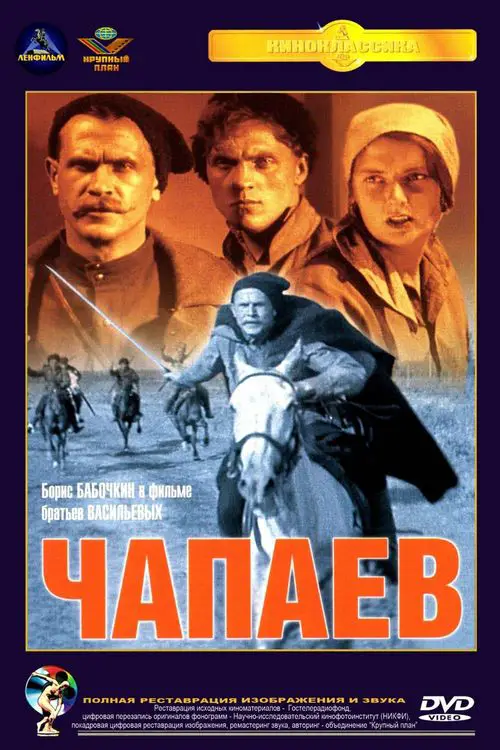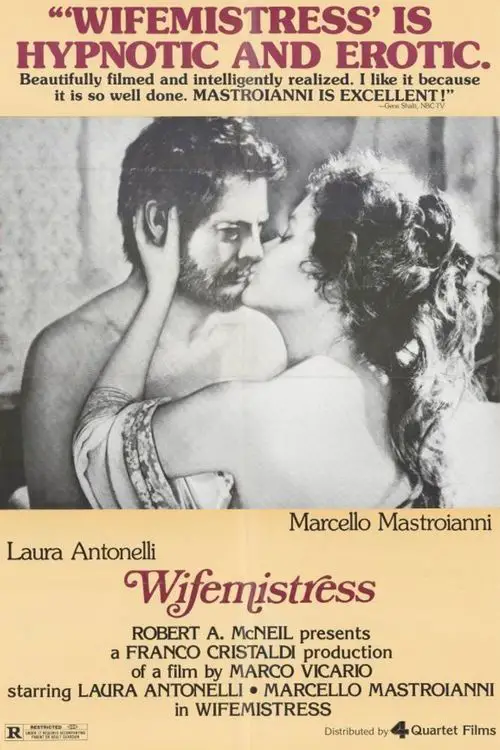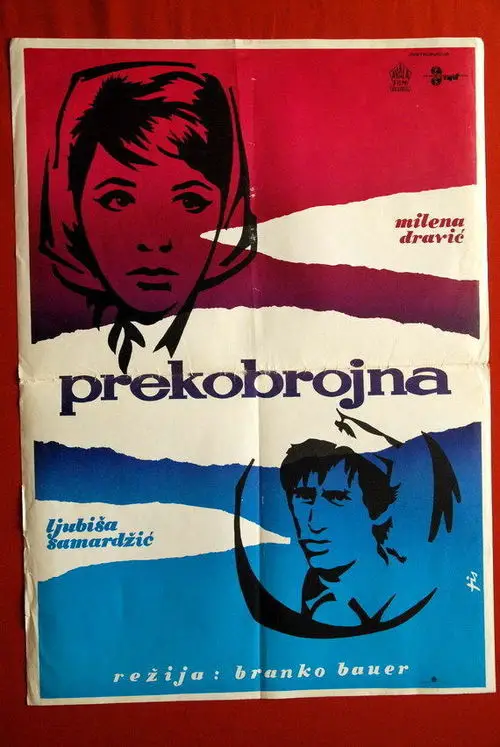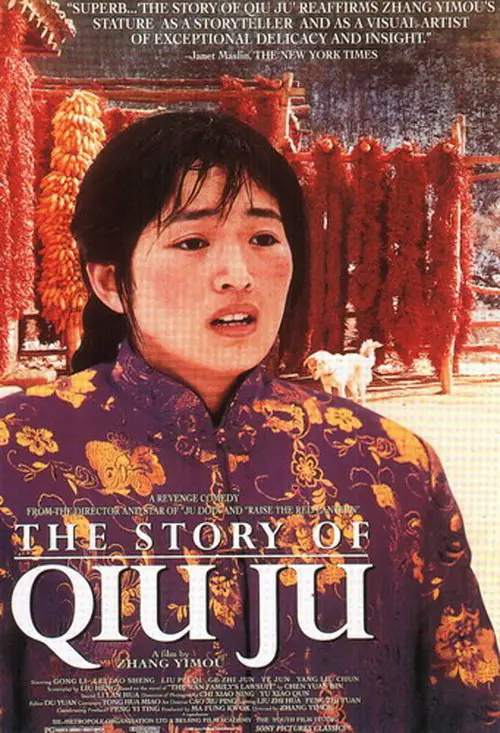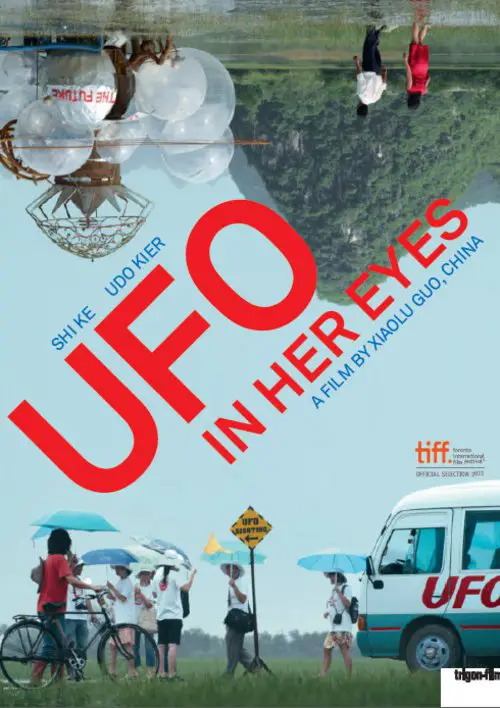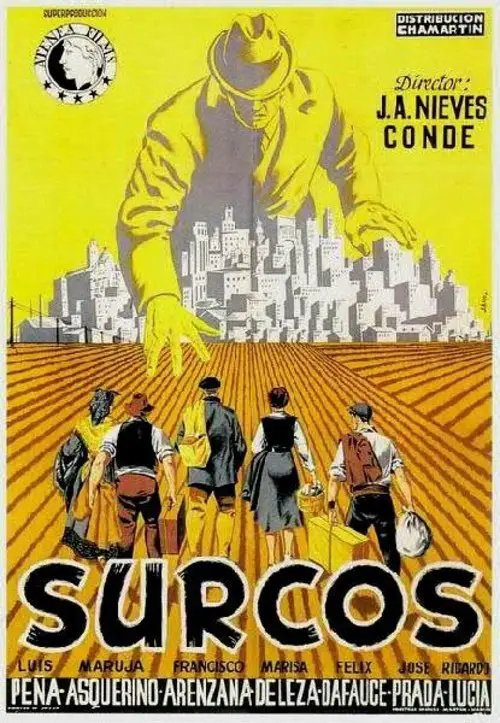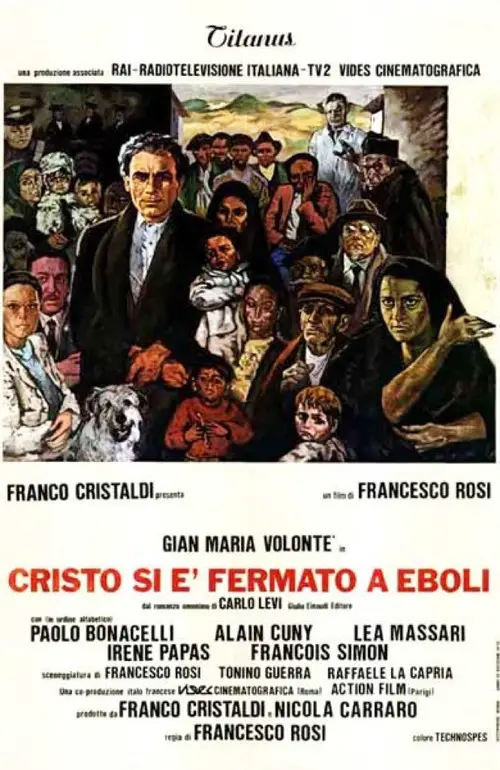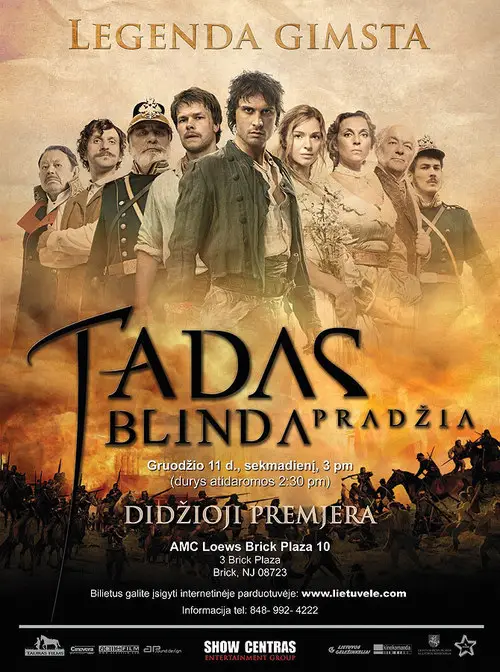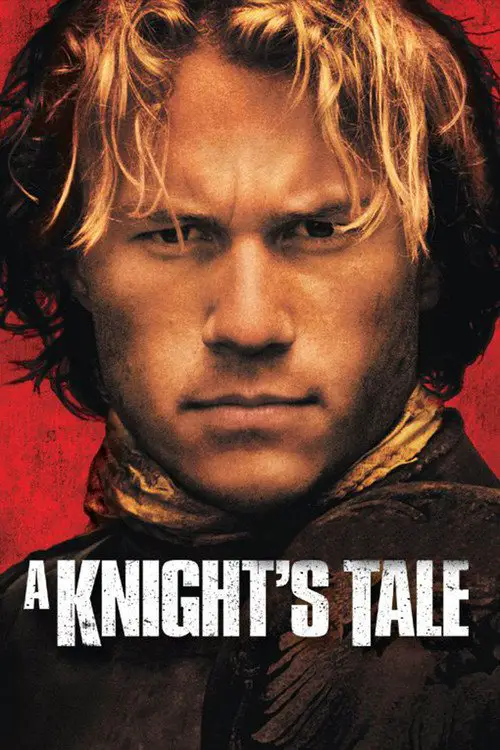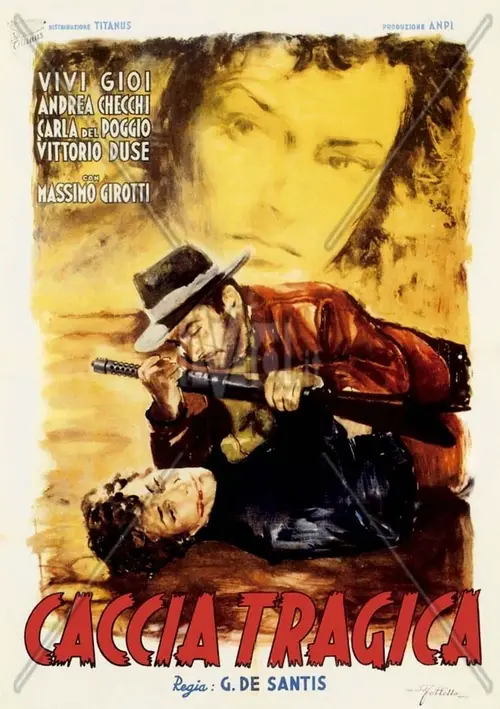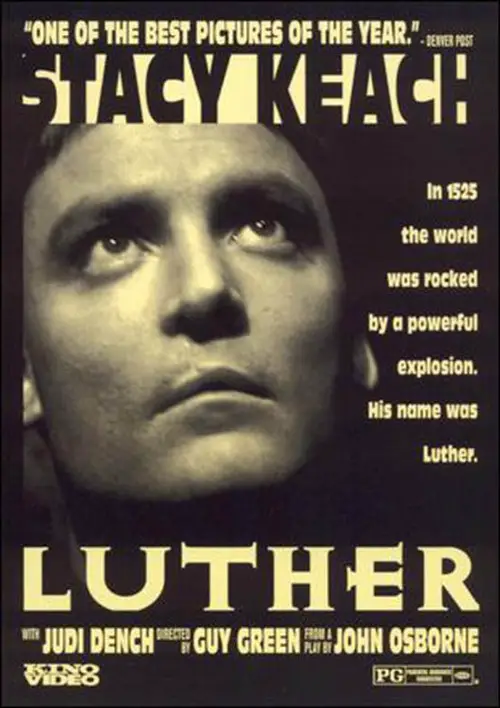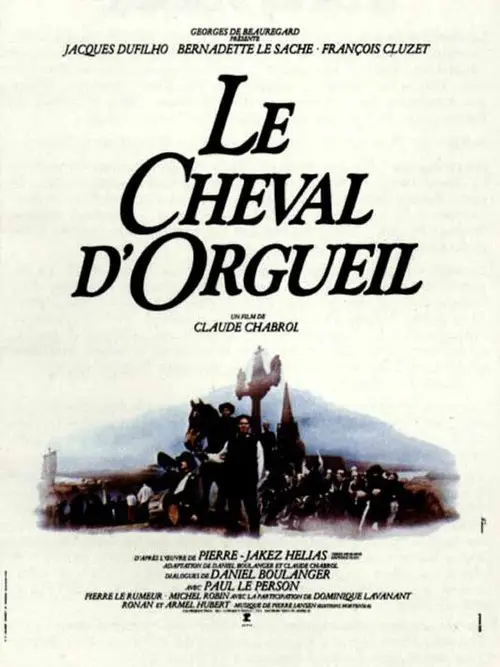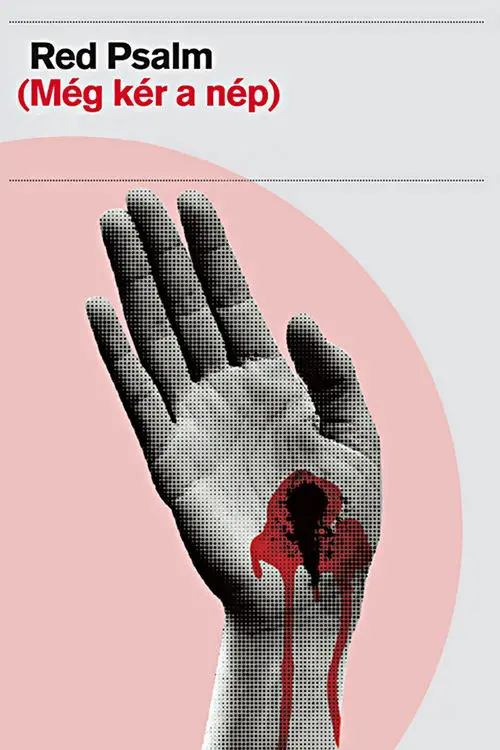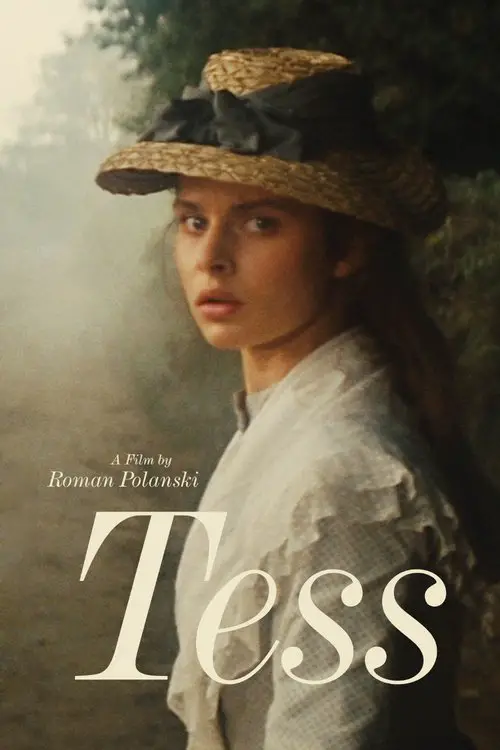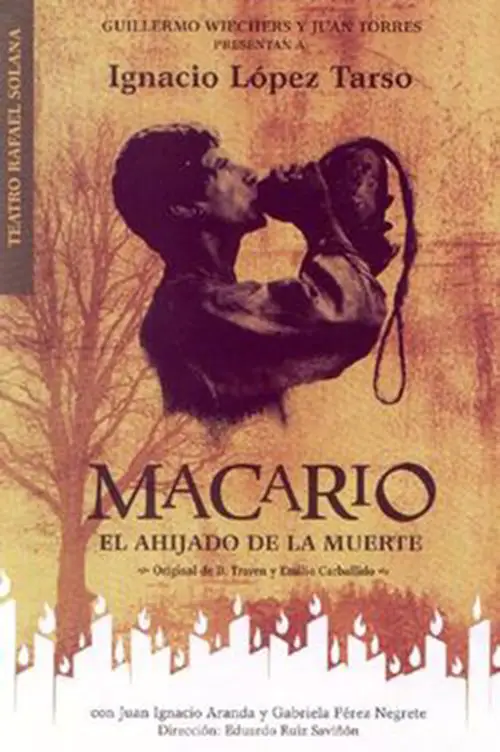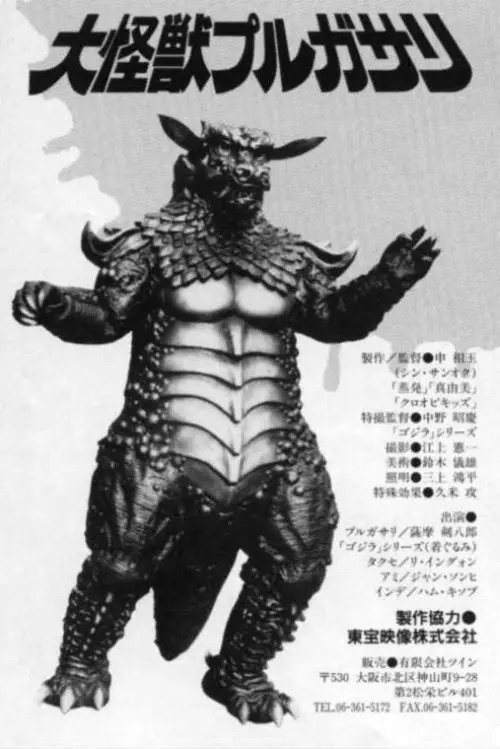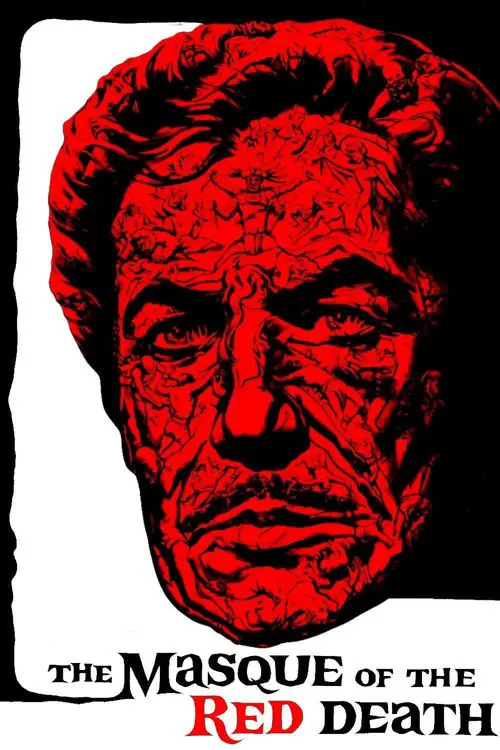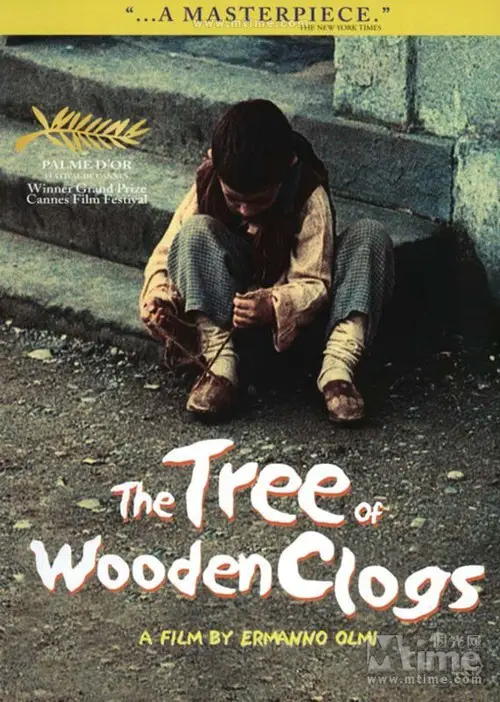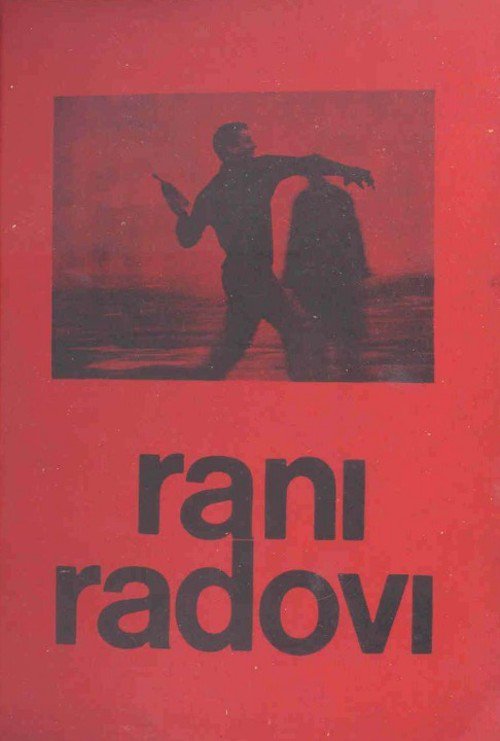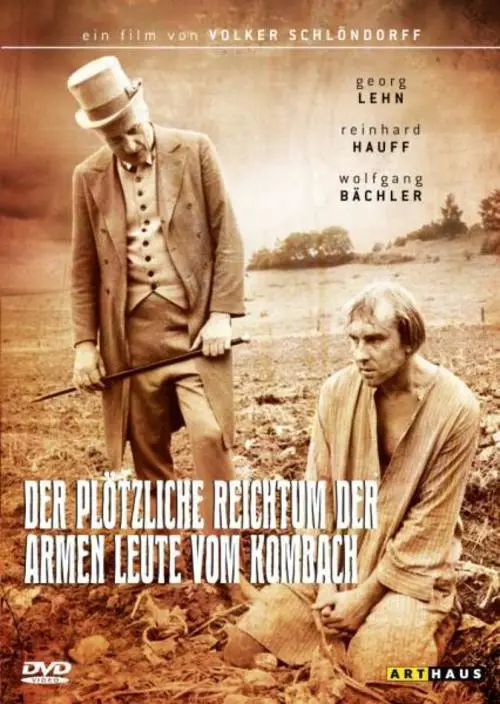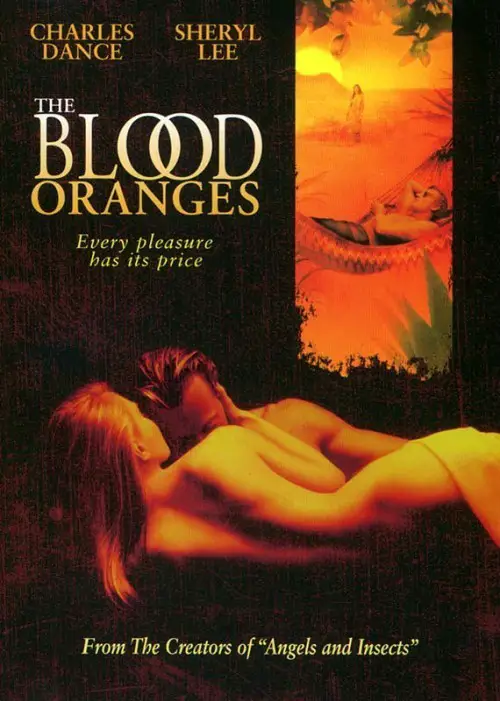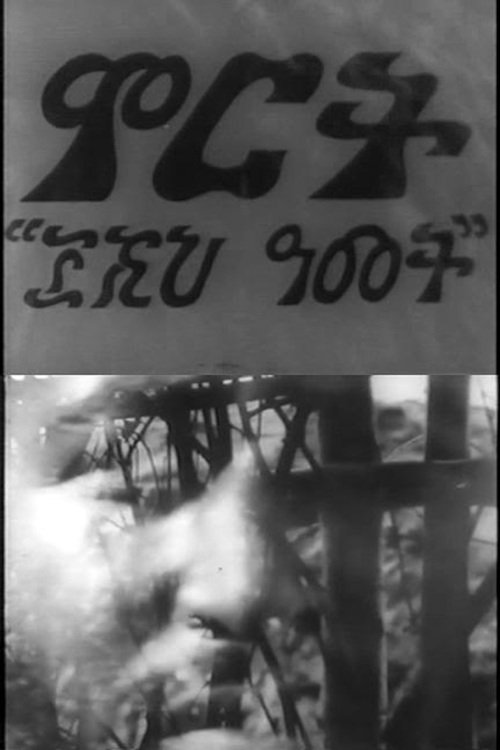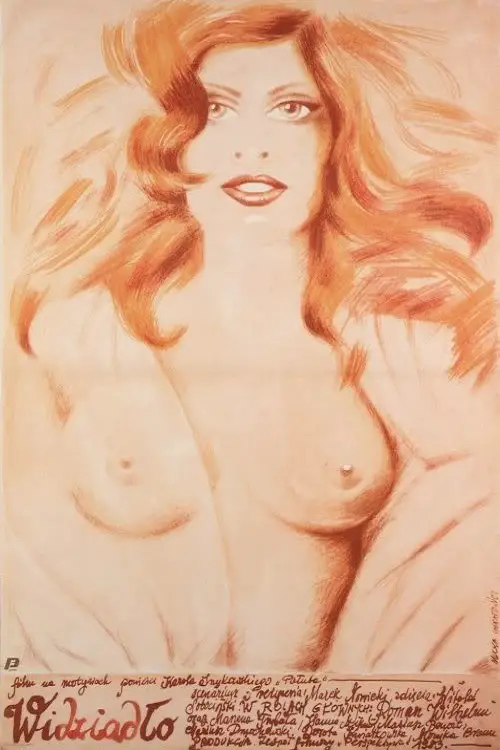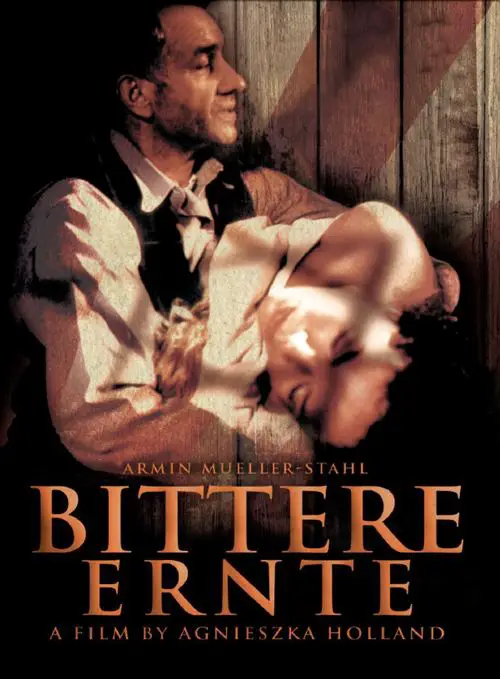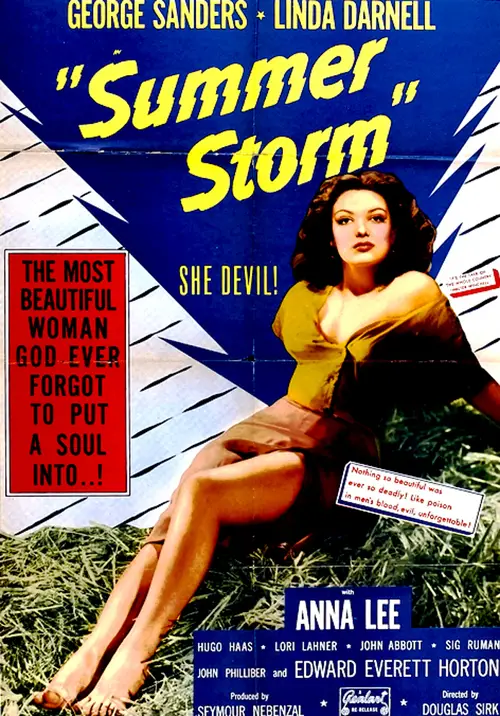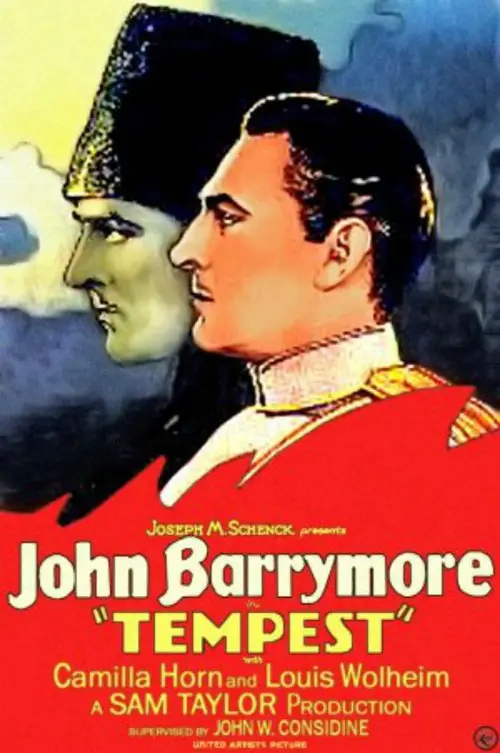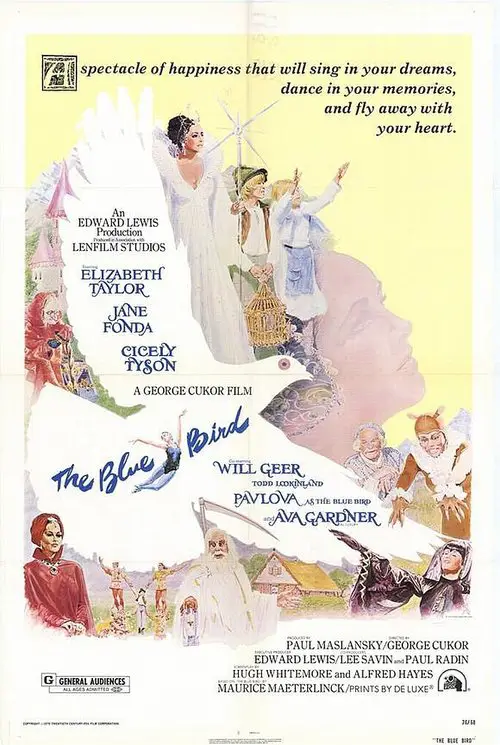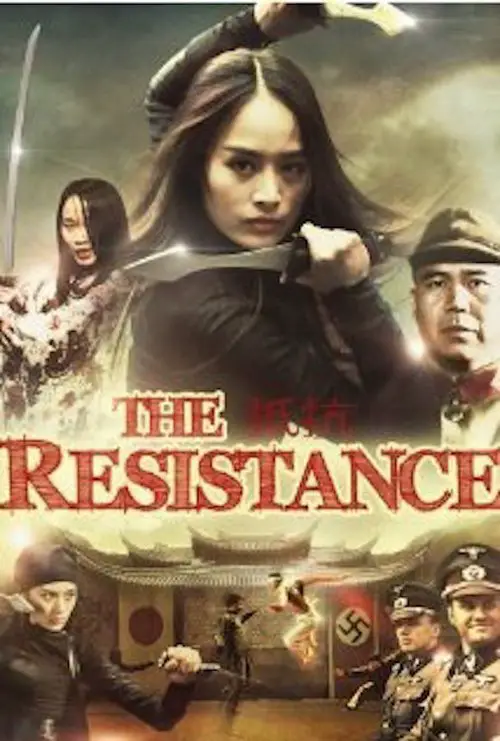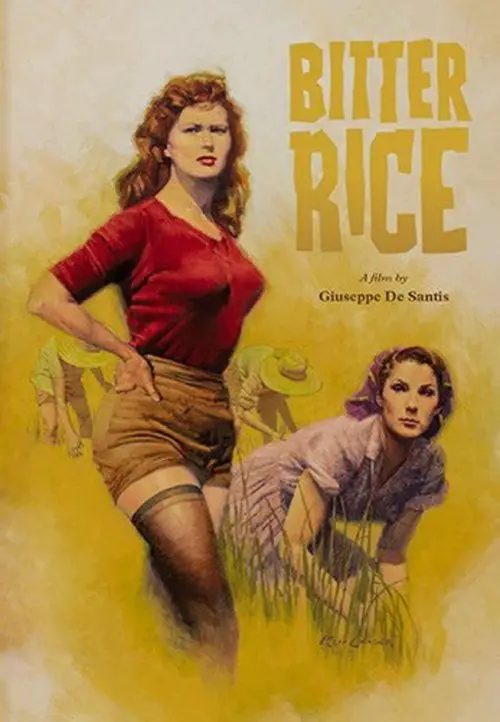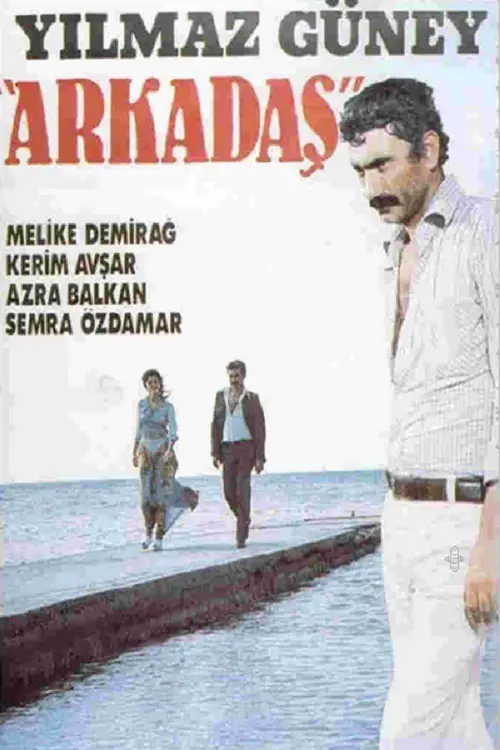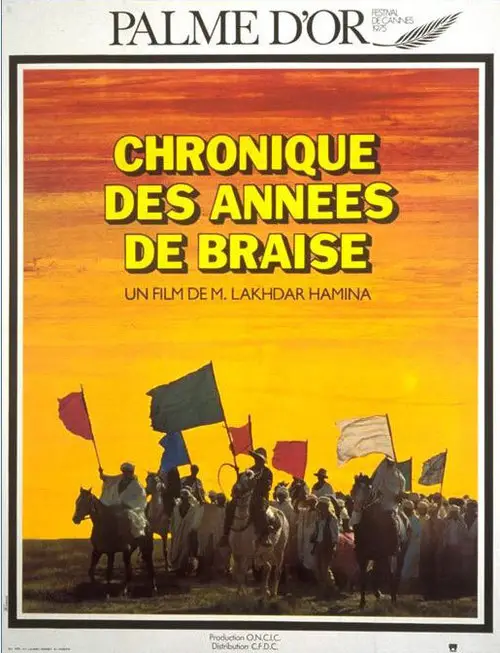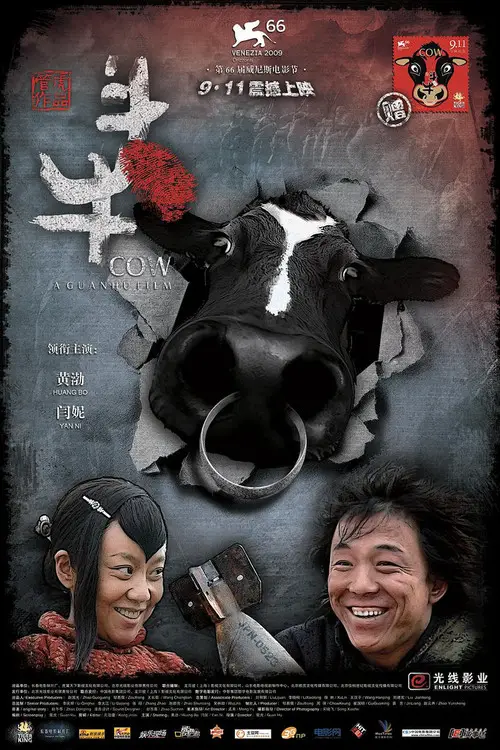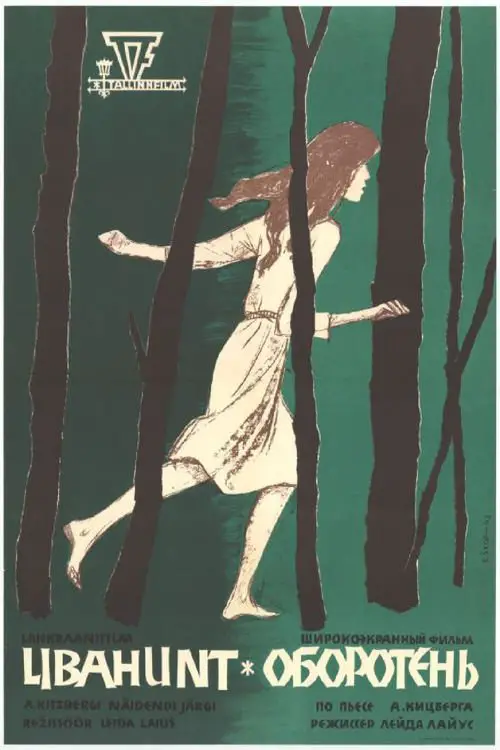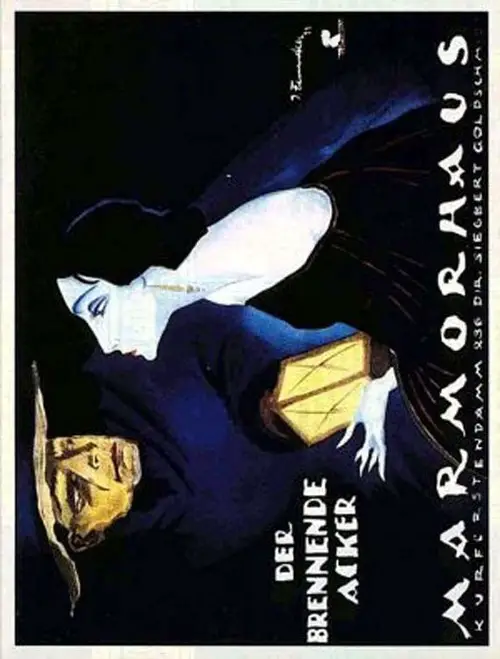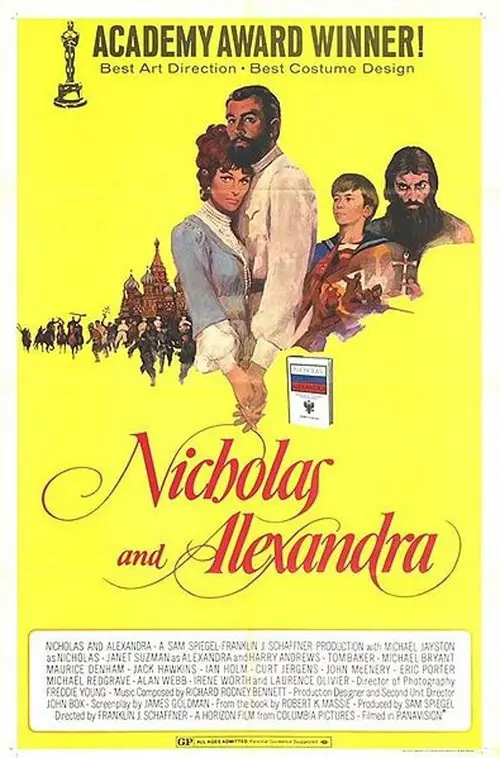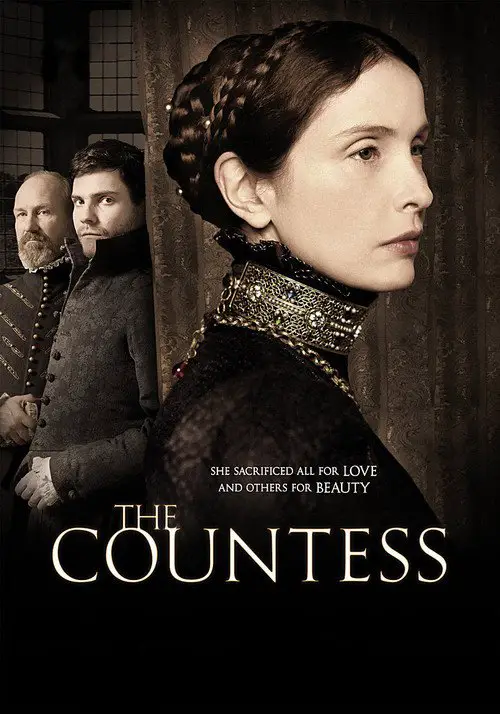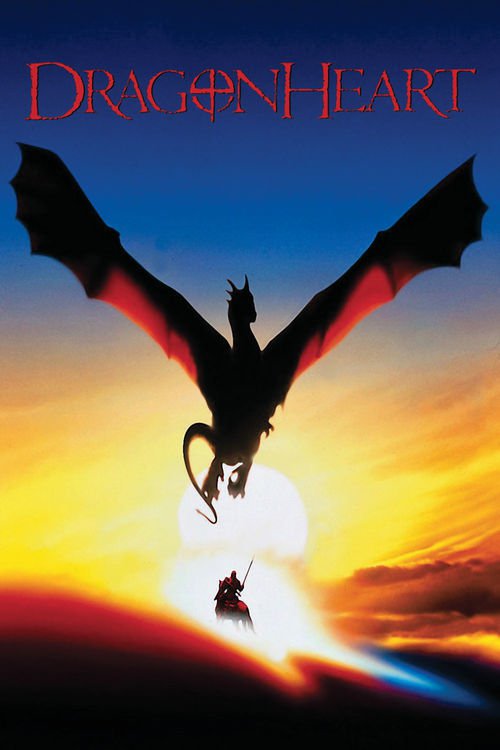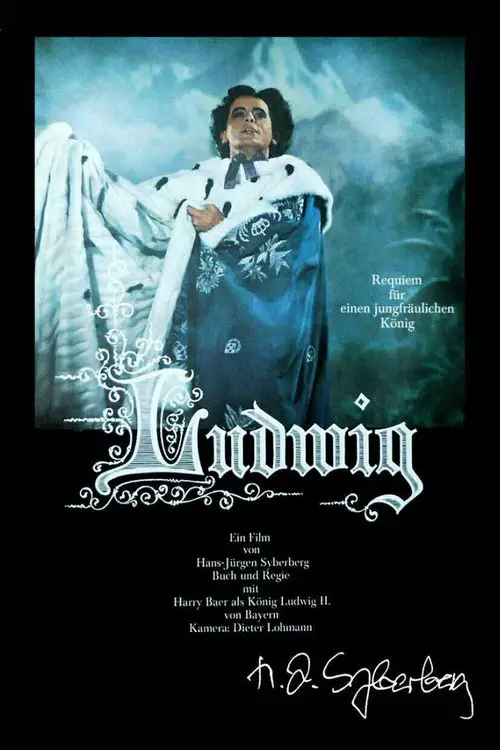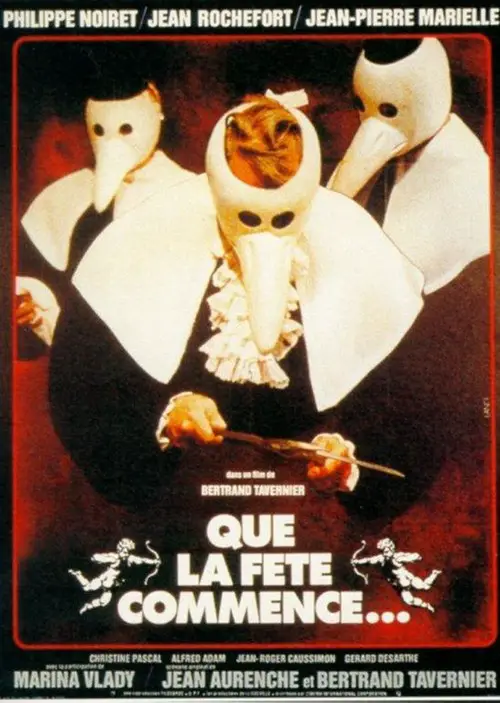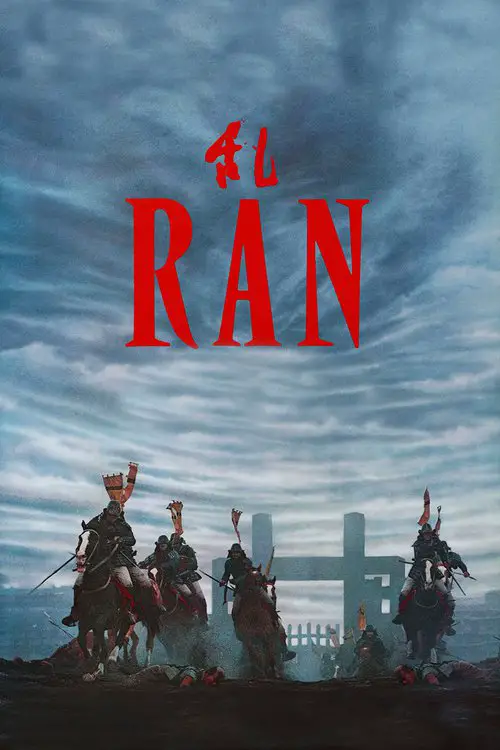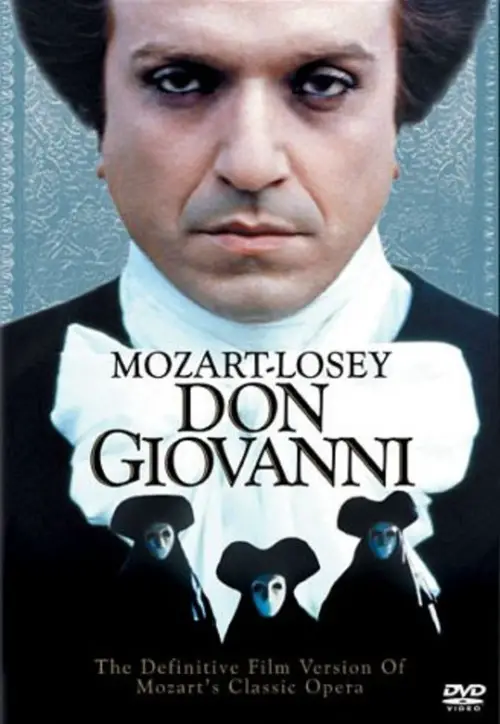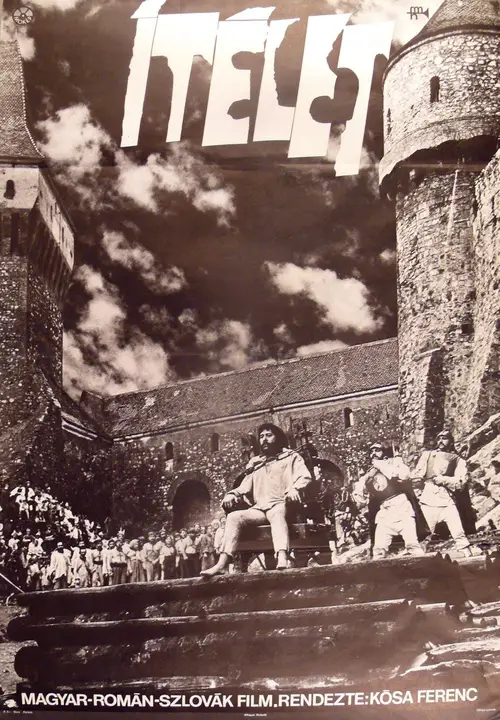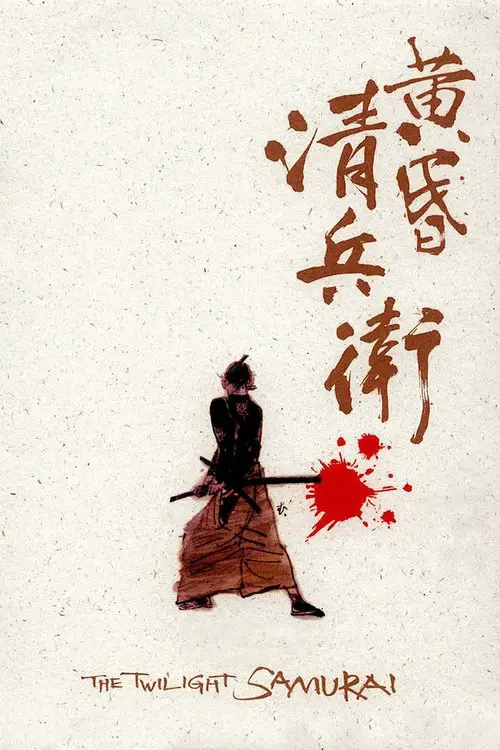The Farmer's Wife (1928)

Similar movies
This film is based on the book about Vasili Ivanovich Chapaev (1887 - 1919) who was in real life the Commander of the 25th Division of the Red Army. Chapaev is an uneducated peasant and a decorated hero in the World War I and later in the Russian Civil War, that followed the Russian revolution. This man of action is fighting on the side of the poor people. His troops consist of peasants, just like him. Unable to write, he can brilliantly demonstrate various battle tactics by moving potatoes on the table. He is street smart. He never lost a battle against the experienced Generals of the Tzar's Army.
Since her husband pronounced her frigid on her wedding night, Antonia DeAngelis has been an invalid. When he disappears, she believes him dead: she leaves her bed and takes over his business, traveling to see clients. She discovers her husband's passions, his political writing, mistresses, and his indifference to the peasants on her family's land. She improves their lot, begins an affair with a young foreign doctor, and publishes her husband's writings. All this time, he's hiding from a murder charge in a house across the square. Amazed, he watches her become his sexual and social equal. After the police drop the murder charge, will he disappear, end his life, or rejoin her on new terms?
Young farmer Mikajlo while on youth labour action falls in love with a student Nada and infatuated with her, he leaves the peasant brigade and Malena, a girl who as if she were overabundant, followed him to work the labour action. Mikajlo's courtship of Nada provokes laughter and ridicule, so ambitious 'Don Juan' returns to his brigade and the girl.
The Story of Qiu Ju is a 1992 Chinese comedy-drama film. The film was directed by Zhang Yimou and, as in many of his films, stars Gong Li in the title role. The screenplay is an adaption of Chen Yuanbin's novella The Wan Family's Lawsuit. The film tells the story of a peasant woman, Qiu Ju, who lives in a rural area of China. When her husband is kicked in the groin by the village head, Qiu Ju, despite her pregnancy, travels to a nearby town, and later a big city to deal with its bureaucrats and find justice.
Kwok Yun is a simple woman who leads a peasantâs life in the peaceful mountains around remote Three-Headed Bird Village. One day, after a countryside tryst with a married man, she sees a UFO â a giant glowing thing in the shape of a dumpling! The ambitious village leader Chief Chang takes advantage of the sighting, stimulating tourism with UFO tours and getting the local economy roaring with progress. Busy aspiring to strengthen relations with the USA, she is blind to the dangers such radical change can bring.
Aspiring dancer Phoenix (Kitty Zhang) lives in the countryside with her father, but she's got her eyes set on farther places. Jumping at the chance to move to shiny Shanghai, she makes ends and dreams meet by working as a janitor at an elite dance studio where she picks up dance moves on the sly. Even with her unfailing spirit, things aren't easy for Phoenix working two jobs and putting up with the mockery from city folks. Enter her knight in shining armor, CEO and studio owner Ron (Leon Jay Williams), who sweeps her off her feet and gives her a spot on the dance team.
In 1815, young Jacquou lives an idyllic peasant life with his parents in the Périgord region of France. But one day, his childhood happiness is cruelly ended when his father is arrested, after a dispute with the arrogant Count de Nansac. With both his parents dead, Jacquou is adopted by Bonal, a kind priest, under whose influence he grows into an assured, morally upright young man. Now an adult, Jacquou has one desire. To repay the Count de Nansac for the evil he once inflicted on his parents...
William Thatcher, a peasant, is sent to apprentice with a Knight named Hector as a young boy. Urged by his father to "change his Stars", he assumes Sir Hector's place in a tournament when Hector dies in the middle of it. He wins. With the other apprentices, he trains and assumes the title of Sir Ulrich von Lichtenstein.
Set amongst the Italian peasantry of WW2, Caccia Tragica (Tragic Chase) is set in motino when a truck loaded with money targetted for farming projects is stolen by bandits. The local villagers set aside their petty political and personal differences, banding together to capture the outlaws and recover the loot. The story takes a romantic detour by concentrating on the romance between two young people caught in the middle between the pursuers and the pursued. At the time of its release, Caccia Tragica was perceived as a Communist tract (it was produced by the left-leaning National Association of Italian Partisans). This didn't prevent the film from winning an award at the 1947 Venice Film Festival, quite a coup for first-time director Giueseppe De Santis.
Shiba, a wandering ronin, encounters a band of peasants who have kidnapped the daughter of their dictatorial magistrate, in hopes of coercing from him a reduction in taxes. Shiba takes up their fight, joined by two renegades from the magistrate's guard, Sakura and Kikyo. The three outlaws find themselves in a battle to the death.
In early twentieth-century Brittany, two peasants marry, have a son, and live in traditional Breton ways: three generations under one roof, a division of labor between the sexes, elders' stories at night, politics and religion during their little free time. Times are hard: la Chienne du Monde drives some to suicide; Ankou (death) is close at hand. Pierre is born into this republican family, his lyric childhood interrupted by the outbreak of war and his father's conscription. He learns his catechism and, as a child of a Reds, also reveres school. His grandfather and father often put him on their shoulders, giving him a ride on the horse of pride.
This multiple-Oscar-winning film by Roman Polanski is an exquisite, richly layered adaptation of Thomas Hardyâs Tess of the dâUrbervilles. A strong-willed peasant girl (Nastassja Kinski, in a gorgeous breakthrough) is sent by her father to the estate of some local aristocrats to capitalize on a rumor that their families are from the same line. This fateful visit commences an epic narrative of sex, class, betrayal, and revenge, which Polanski unfolds with deliberation and finesse. With its earthy visual textures, achieved by two world-class cinematographersâGeoffrey Unsworth (Cabaret) and Ghislain Cloquet (Au hasard Balthazar)âTess is a work of great pastoral beauty as well as vivid storytelling.
Poor, hungry peasant Macario longs for just one good meal on the Day of the Dead. After his wife cooks a turkey for him, he meets three apparitions, the Devil, God, and Death. Each asks him to share his turkey, but he refuses all except Death. In return, Death gives him a bottle of water which will heal any illness. Soon, Macario is more wealthy than the village doctor, which draws the attention of the feared Inquisition
In feudal Korea, the evil King becomes aware that there is a peasant rebellion being planned in the country. He steals all the iron farming tools and cooking pots from the people so that he may make weapons to fend off the peasant army. After he returns the property to the people, an old blacksmith is imprisoned and starved to death. His last creation is a tiny figurine of a monster- Pulgasari, a Godzilla-like creature that eats iron. The blood of his daughter brings the creature to life, and fights with the poor, starving peasants to overthrow the corrupt monarchy.
Satan-worshiper Prince Prospero invites the local nobility to his castle for protection against an oncoming plague, the Red Death. He orders his guests to attend a masked ball and, amidst an atmosphere of debauchery and depravity, notices the entry of a hooded stranger dressed all in red. Believing the figure to be his master, Satan, Prospero is horrified at the revelation of his true identity.
The life inside a farm in Italy at the beginning of the century. Many poor country families live there, and the owner pays them by their productivity. One of the families has a very clever child. They decide to send him to school instead of make him help them, although this represents a great sacrifice. The boy has to wake up very early and walk several miles to get to the school. One day the boy's shoes break when returning home, but they do not have money to buy other. What can they do?
During the Japanese occupation of China, two prisoners are dumped in a peasant's home in a small town. The owner is bullied into keeping the prisoners until the next New Year, at which time they will be collected. The village leaders convene to interrogate the prisoners. The townspeople then struggle to accommodate the prisoners. One is a bellicose Japanese nationalist, the other a nervous translator. Will the townspeople manage to keep the prisoners until the New Year?
Inspired by Karl Marx's "Das Kapital", three men and a girl named Jugoslava decide to wake up the conscience within the working class and peasants. Faced with the primitivism and a lack of morale, their revolution fails and the girl is one to be sacrificed as a witness of their unsuccessful attempt.
An intriguing Hans Christian Anderson-style fairy tale aesthetic and voice over narration. Sudden Wealth is a despairing chronicle of a group of starving peasants who finally seize governmental wealth like a dysfunctional group of Robin Hood's Merry Men, only to be betrayed by their inescapable selves and systematically dehumanized (think bucolic Orwell) and reprogrammed by what we'll put under the rubric of God and Country.
Cyril and Fiona are a long-married couple who travel to an unnamed tropical coastal town to follow their sexual fantasies. There they meet another couple, Catherine, Hugh and their three children. Hugh is a photographer who specializes in nude photographs of peasant women. The Cyril/Catherine and Hugh/Fiona relationships start.
Set in the early years of the century. A story of a country gentleman haunted by the memory of his first wife. His current wife, had enough of his obsession and has taken a lover, who is mysteriously paralyzed. Meanwhile, main character's son gets his first taste of sensual experience with a mute peasant girl.
In the winter of 1942-43, a Jewish family leaps from a train going through Silesia. They are separated in the woods, and Leon, a local peasant who's now a farmer of some wealth, discovers the woman, Rosa, and hides her in his cellar. Leon's a middle-aged Catholic bachelor, tormented by his sexual drive. He doesn't tell Rosa he's seen signs her husband is alive, and he begs her to love him. Rosa offers herself to Leon if he'll help a local Jew in hiding who needs money. Leon pays, and love between Rosa and him does develop, but then Leon's peasant subservience and his limited empathy lead to tragedy. At the war's end, a ray of sunshine comes from an unexpected place.
In the final days of Czarist Russia, a peasant is raised from the ranks to Lieutenant. The other officers, aristocrats all, resent him, and make his life difficult. He falls in love with a princess, who spurns him. When he is caught in her room, he is stripped of his rank and thrown into prison. Then comes the Red Terror, and the tables are turned.
In 1937, Japan began their invasion of China by murdering over 300,000 people in the capital of Nanjing. The atrocities committed against women and their daughters are especially barbaric. One of them is Xiaoyun, a peasant girl who fights with the Chinese resistance group. On her way to freedom she must fight against Japanese soldiers, ninjas, a killer geisha, Nazis, and the evil General of the Japanese imperial army.
Francesca and Walter are two-bit criminals in Northern Italy, and, in an effort to avoid the police, Francesca joins a group of women rice workers. She meets the voluptuous peasant rice worker, Silvana, and the soon-to-be-discharged soldier, Marco. Walter follows her to the rice fields, and the four characters become involved in a complex plot involving robbery, love, and murder.
After betraying his social class, denying his peasant roots and fleeing his native village, Ahmed has become a successful businessman and has found a place in the sun among the bourgeoisie. Azem, his childhood friend, has followed a quite different way. refusing the rat race, he has remained close to people of humble origin. Politically committed, he aspires to be useful to his country and more particularly to the forsaken rural world. The two former friends meet again. Due to the influence of Azem, Ahmed gradually becomes aware that his life is a failure.
In a small farming valley in Austria in the beginning of the 20th century a tyrannical farmer is found dead, and all the farmhands are relieved to be free of their tyrant. But the farmer was childless, so suddenly they all inherit the farm together. Now conflicts begin, as nobody is the boss and nobody has to obey.
The film follows tells the story of a struggle over a plot of petroleum-rich land. Considered lost until 1978, the film was discovered to have been owned by an Italian priest who organized screenings in mental hospitals. A restoration of the film was made with the assistance of French director Eric Rohmer.
The Hornblower series is based on C.S. Forester's classic maritime adventures - the story of one young man's struggle to become a leader of men. Set against the back drop of the 18th century Anglo-French wars, the bloodiest time in British naval history.Lt. Hornblower and his mates are sent to accompany a doomed royalist invasion of revolutionary France.
In an ancient time when majestic fire-breathers soared through the skies, a knight named Bowen comes face to face and heart to heart with the last dragon on Earth, Draco. Taking up arms to suppress a tyrant king, Bowen soon realizes his task will be harder than he'd imagined: If he kills the king, Draco will die as well.
In the year of our Lord 1678, Sweden is plagued by countless wars and a dysfunctional royal rule. One night, the young and devout Nils losing everything he holds dear and tragedy drives him on a quest for vengeance. It will be a raid, which makes him snap cock and participate in one of Scandinavia's bloodiest wars ever free!
In this adaptation of Umberto Eco's best-selling novel, 14th-century Franciscan monk William of Baskerville and his young novice arrive at a conference to find that several monks have been murdered under mysterious circumstances. To solve the crimes, William must rise up against the Church's authority and fight the shadowy conspiracy of monastery monks using only his intelligence -- which is considerable.
Early in the 20th century, family and friends gather at the country estate of a general's widow, Anna Petrovna. Sofia, the new wife of Anna's step-son, recognizes Misha, the brother-in-law of one of the widow's admirers: a few years before, they had been idealistic lovers and now she can't believe he has settled for a dim wife and a job as a teacher. Amidst parlor games and idle talk of women's rights and peasants' capabilities, Sofia and Misha rekindle their love. Will they flaunt convention, abandon families, and run away to pursue lost dreams? Rescue comes from an unexpected place.
France, 1719. Louis 14th died four years ago, Philippe d'Orleans is the regent. He is a liberal and a libertine. His right-hand man, Dubois, an atheistic and cupid priest, as libertine as Philippe, tries to take advantage of a little rebellion lead by a Breton squire (Pontallec) and of the famine to become archbishop... Description of the life of the court in this period of transition where the French Revolution smoulders.
Screen adapatation of Mozart's greatest opera. Don Giovanni, the infamous womanizer, makes one conquest after another until the ghost of Donna Anna's father, the Commendatore, (whom Giovanni killed) makes his appearance. He offers Giovanni one last chance to repent for his multitudinious improprieties. He will not change his ways So, he is sucked down into hell by evil spirits. High drama, hysterical comedy, magnificent music! (and unfortunately poor direction by film maker Joseph Losey. The final scene looks more like an industrial mishap than a supernatural event.)
Seibei Iguchi leads a difficult life as a low ranking samurai at the turn of the nineteenth century. A widower with a meager income, Seibei struggles to take care of his two daughters and senile mother. New prospects seem to open up when the beautiful Tomoe, a childhood friend, comes back into he and his daughters' life, but as the Japanese feudal system unravels, Seibei is still bound by the code of honor of the samurai and by his own sense of social precedence. How can he find a way to do what is best for those he loves?
© Valossa 2015–2026
| Privacy Policy

